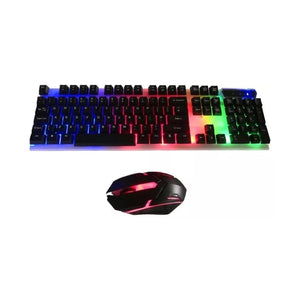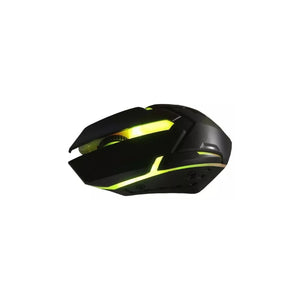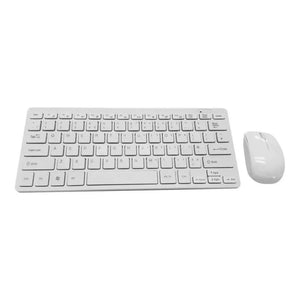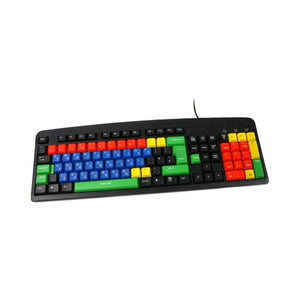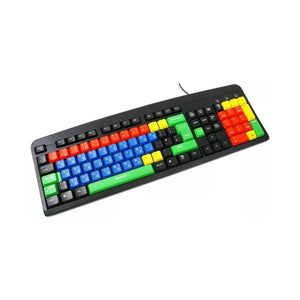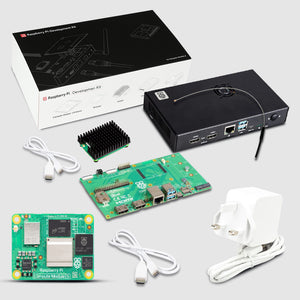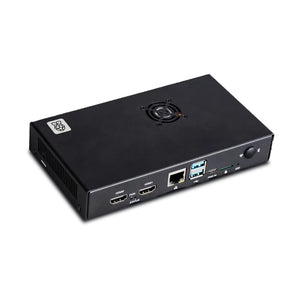Designed by BBC, micro:bit is ARM-based open-source hardware aimed at teaching children basic of computer science. BBC has started delivering 1 million micro:bit to UK school children. The device is half the size of a credit card and has ARM-Cortex-M0 processor with 25 external connectors.
Raspberry Pi 4 is also an ARM-based open-source mini-computer, but with more computing power. Raspberry Pi is being used widely in education, training, and industrial fields. Programming your micro: bit using your Raspberry Pi is definitely going to be more fun, one pocket-sized computer programming another pocket-sized computer.
Micro Bit Specification
- 16MHz 32-bit ARM® Cortex M0 CPU
- 256 KB Flash Memory, 16 KB SRAM
- 2.4 GHz Bluetooth
- 3-axis Accelerometer
- 3-axis Magnetometer (Compass)
- 3 tactile pushbuttons(2 for the user, 1 for Reset)
- USB 2.0 On-The-Go controller
- Display consisting of 5x5 LED array
- 25 pin edge connector
- Capacitive sense pins
- Size: 40mm x 50mm (1.6 inches x 2 inches)
- Weight: 8g
- Microsoft MakeCode (formerly Microsoft PXT Editor)
- MicroPython
The micro:bit was designed to encourage the children to increase there understanding of computer science and embedded systems. It is designed to work along with different operating systems.
The latest release of Raspbian, Buster has given ‘Mu’ python editor for beginners, which has an option for micro: bit programming in python.
Open Mu editor, go to ‘Menu’ > ‘Programming’ > ‘Mu’

Click on ‘Mode’ > select ‘BBC micro:bit’

Write your code, connect Micro Bit with Raspberry Pi, and ‘Flash’ your program to Micro:bit

Save your code into the local directory with ‘Save’ button on the editor, or load your previous program with ‘Load’ button.
You can also use Online Editors, and save the hex file into the micro: bit directory-
- https://makecode.microbit.org/#editor
- https://python.microbit.org/v/1.1
A micro:bit is a good learning kit for beginners, Micro:bit can be programmed using many other languages like c++, javascript, etc., but using Raspberry Pi to program your micro: bit is going to add more fun in your embedded world.
Hope you enjoyed this article...
Check out our Programmable Blocks Kit for micro:bit


